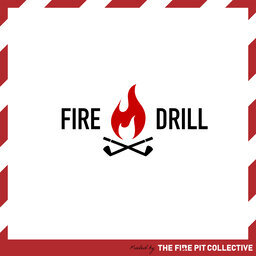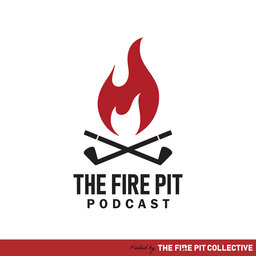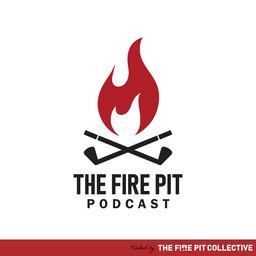Need A 4th?! Ep. 11 with Mike Clayton
This week on Need a 4th, Alan Shipnuck and Michael Bamberger are along for the ride as Geoff Ogilvy welcomes an old mate and a fellow Aussie, the golfing polymath Michael Clayton! Michael can do it all. He played for years on the Australian and European tours, he writes about the game with spectacular clarity, his course-design work will stand the test of time, and as you are about to find out, he talks about the game like a Down Under version of Ben Crenshaw, with some Peter Thomson mixed in. Elsewhere at FPC this week, we celebrate golf in the great cultural, financial and sporting capital of Melbourne and we revisit the December fun of the Sandbelt Invitational, the tournament co-founded by Clayton and Ogilvy. There are few people in the world (if any) who know more about golf in the sand, and golf in Melbourne, than Clayton and Ogilvy. Give a listen and hear for yourself. G’day!
In 1 playlist(s)
The Fire Pit Podcast
In the 25 years of covering golf, the development of the game, courses and the camaraderie that’s co…Social links
Follow podcast
Recent clips

Fire Drill 099: State of the Union
1:19:41

L.A.B. Golf - Part 9: “Reflections” - The Fire Pit w/ Matt Ginella
38:32

L.A.B. Golf – Part 8: “Glover Wins Again” - The Fire Pit w/ Matt Ginella
1:06:12
 The Fire Pit Podcast
The Fire Pit Podcast